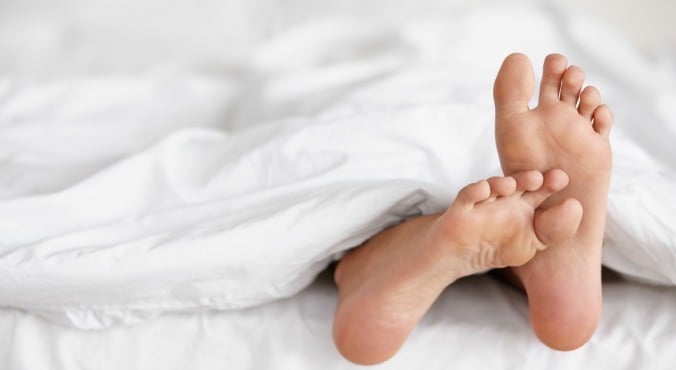
Image: iStock.
There are a lot of sex myths floating out there in the ether. Like the claim that men ‘need’ or enjoy sex more than women do, or the misguided belief that oral contraceptives offer protection from STIs as well as pregnancy (argh!).
Considering the amount of misinformation out there, you’d be forgiven for being a bit suss when someone tells you something like “the less sex you have, the less sex you want”. Is that just another urban legend, or can sexual desire really be a case of ‘out of sight, out of mind’?
According to sexologist and author of #singlebutdating, Dr Nikki Goldstein, there is some truth to this age-old claim.
“I think we [women] get to the point where we haven’t had it for so long we actually have the capability to switch off that part of our brain,” Dr Goldstein says.
“Whether it’s casual sex or a relationship, when you think about what your body is doing from a hormonal point of view, women stay mentally stimulated, physically stimulated for a lot longer. We gradually build up. Men are more up and down. Women have a few orgasms and then they start getting really turned on.”
Watch: Tara O shares her tips for a better orgasm. (Post continues after video.)




























































































